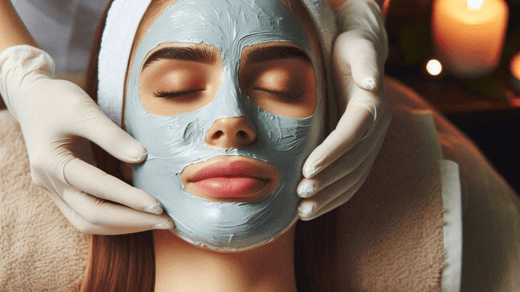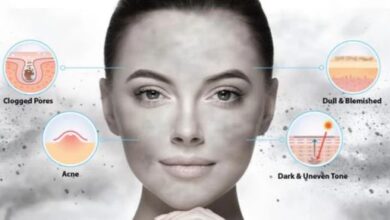The Psychological Aspects Of Aesthetic Treatments: A Med Spa Practitioner’s Perspective

Aesthetic treatments do more than change our outer appearance. They can also impact our mental well-being. When we consider the psychological aspects of these treatments, we see a connection between how we look and how we feel. Addressing issues like Aventura vascular problems can boost confidence and improve self-image. Understanding this link helps med spa practitioners offer more than just physical alterations. It allows us to support emotional health, too.
The Mind-Body Connection
Our self-perception often influences our mental state. This is not a new idea. Historical figures like Cleopatra and ancient Greeks valued beauty for psychological reasons. Today, research supports that when we feel good about how we look, it reflects in our mental health. Improved self-esteem can lead to a more positive outlook.
Consider a study from the National Institutes of Health that shows how aesthetic treatments can alleviate some symptoms of depression. By addressing cosmetic concerns, individuals often experience a boost in overall happiness and satisfaction.
Common Psychological Benefits
Aesthetic treatments offer several psychological benefits. We find three effects most prevalent:
- Increased Confidence: Treatments can help diminish insecurities about appearance.
- Reduced Anxiety: Feeling better about one’s appearance can lessen anxiety in social situations.
- Enhanced Mood: A positive change in appearance often leads to improved mood.
When Choices Matter
Choosing the right treatment involves more than physical considerations. Psychological factors play a role. A well-considered decision can lead to satisfaction and long-term happiness. Conversely, impulsive choices may result in regret or disappointment.
Consultations with skilled professionals can guide individuals in making informed decisions. They ensure treatments align with personal goals and mental health needs.
Data and Trends
Understanding common motivations for aesthetic treatments helps practitioners offer better care. Below is a table that summarizes some reasons people seek treatments and the psychological effects associated with them:
| Reason for Treatment | Psychological Effect |
| Age-related changes | Increased self-acceptance |
| Scarring or skin conditions | Improved confidence in social settings |
| Body contouring | Enhanced body image |
Ethical Considerations
Practitioners must consider the ethics of aesthetic treatments. Not everyone who seeks treatment needs it for psychological reasons. Some may have underlying mental health issues like Body Dysmorphic Disorder. In such cases, treatments might not resolve deeper psychological concerns.
It’s vital to assess each individual’s mental state and motivations before proceeding. A strong ethical framework ensures that treatments benefit the patient holistically.
The Evolving Role of Med Spa Practitioners
Today’s med spa practitioners wear many hats. We are caregivers, counselors, and sometimes, confidants. As the field evolves, so does our understanding of the intricate link between appearance and mental health. Practitioners must stay informed and empathetic to provide care that promotes both physical and emotional health.
For further reading on the psychological aspects of aesthetic interventions, the American Psychological Association offers resources that explore this in depth. By understanding the full spectrum of impacts, we can better support those seeking aesthetic changes.




